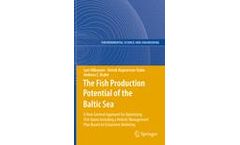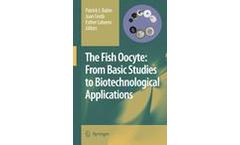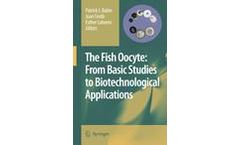Refine by
fish-farms books
7 books found
This straightforward, easily understandable primer details the principles and practices of genetics as they relate to fish farming. After reviewing basic genetic principles and the genetics of sex determination, this book focuses on the genetics of qualitative traits and profiles selection programs that produce true breeding populations. ...
Empirical in character, this book analyses the society-nature interaction of the Tsimane’, a rural indigenous community in the Bolivian Amazon. Following a common methodological framework, the material and energy flow (MEFA) approach, it gives a detailed account of the biophysical exchange relations the community entertains with its natural environment: the socio-economic use of energy, ...
It presents a new approach to set fish quota based on holistic ecosystem modeling (the CoastWeb-model) and also a plan to optimize a sustainable management of the Baltic Sea including a cost-benefit analysis. This plan accounts for the production of prey and predatory fish under different environmental conditions, professional fishing, ...
This book addresses the growing needs in deciphering the biological processes associated with fish reproduction, in view of the growth of aquaculture and the dwindling natural stocks of commercially important fish. It presents a comprehensive overview on egg production in fish, from the standpoint of the oocyte. With this view in mind, the book includes chapters on oocyte development (oogenesis), ...
This book addresses the growing needs in deciphering the biological processes associated with fish reproduction, in view of the growth of aquaculture and the dwindling natural stocks of commercially important fish. It presents a comprehensive overview on egg production in fish, from the standpoint of the oocyte. With this view in mind, the book includes chapters on oocyte development (oogenesis), ...
With the depletion of wild fish stocks by factors such as overfishing, habitat degradation, pollution, and red tides, the pressures and incentives for commercial farming of marine food and aquarium fish have increased dramatically. Concurrent with that trend has been an increase in the experimental use of live marine fish in ...
The only hope of supplying the world's ever-increasing demand for aquatic food products is through aquaculture, and the vast majority of this is conducted in ponds. Although pond aquaculture may appear at first to be an archaic method of growing aquatic animals, it is one that is consistently profitable when the pond is managed properly. The most important aspect of pond management is the ...





